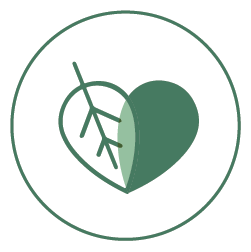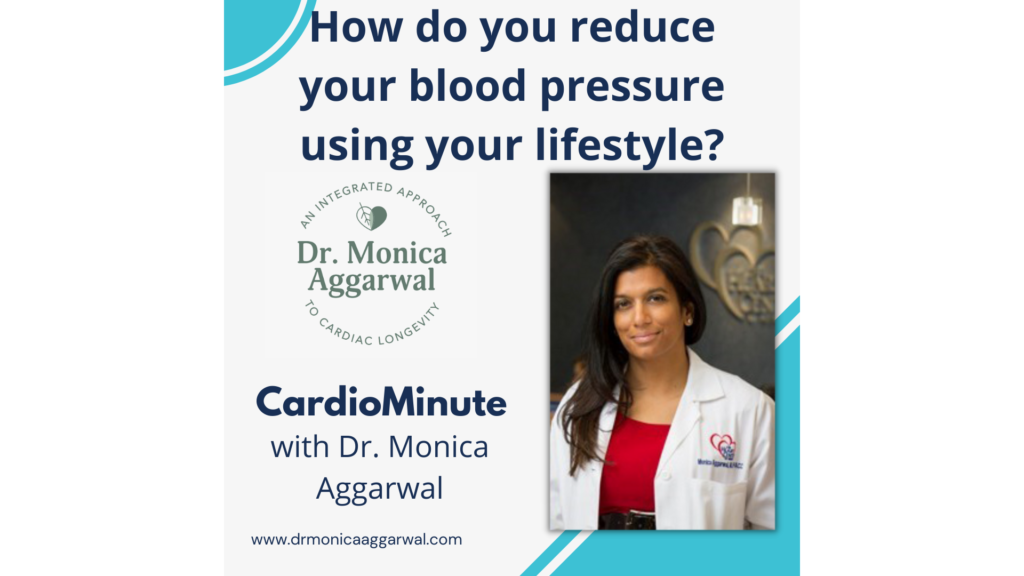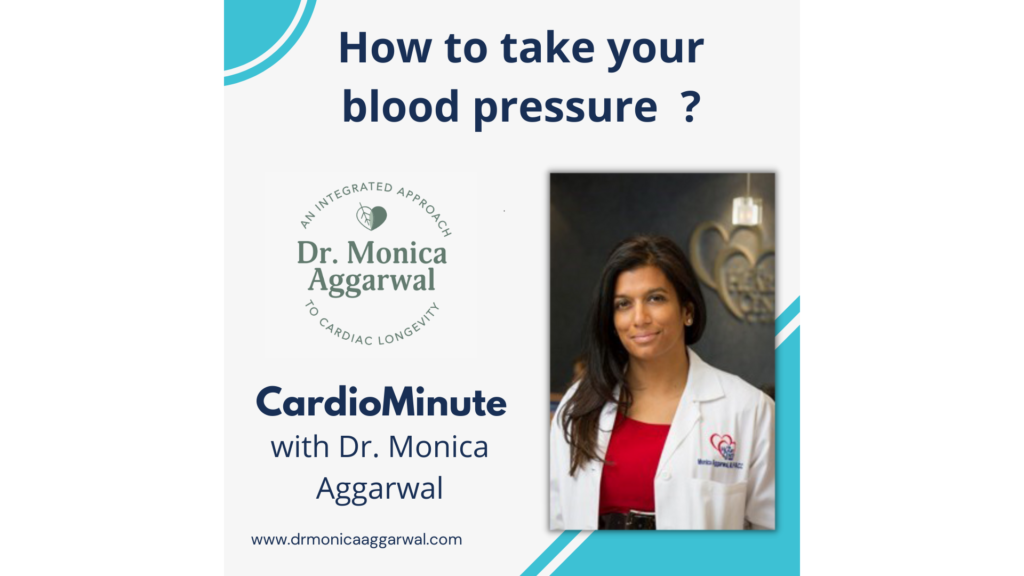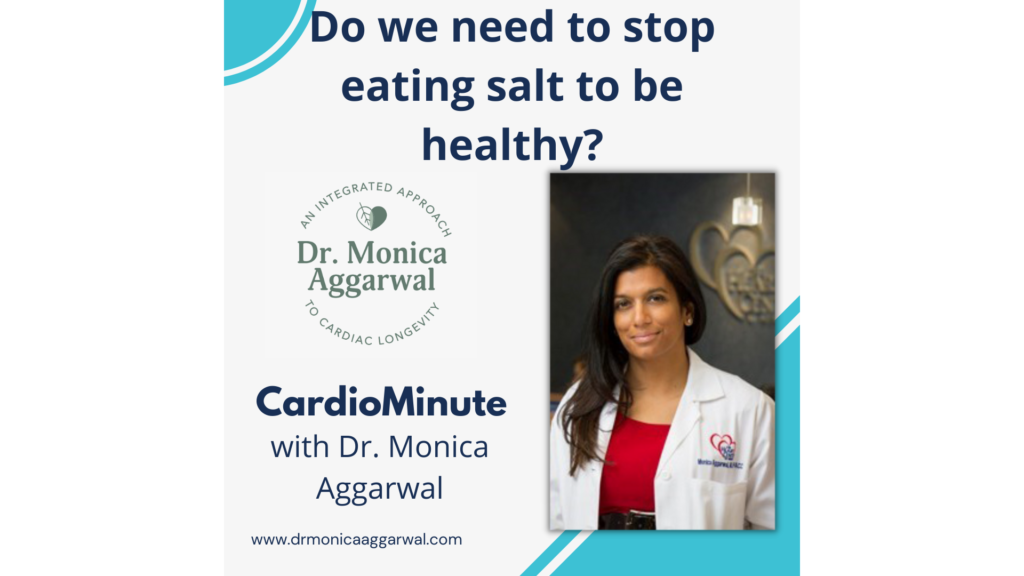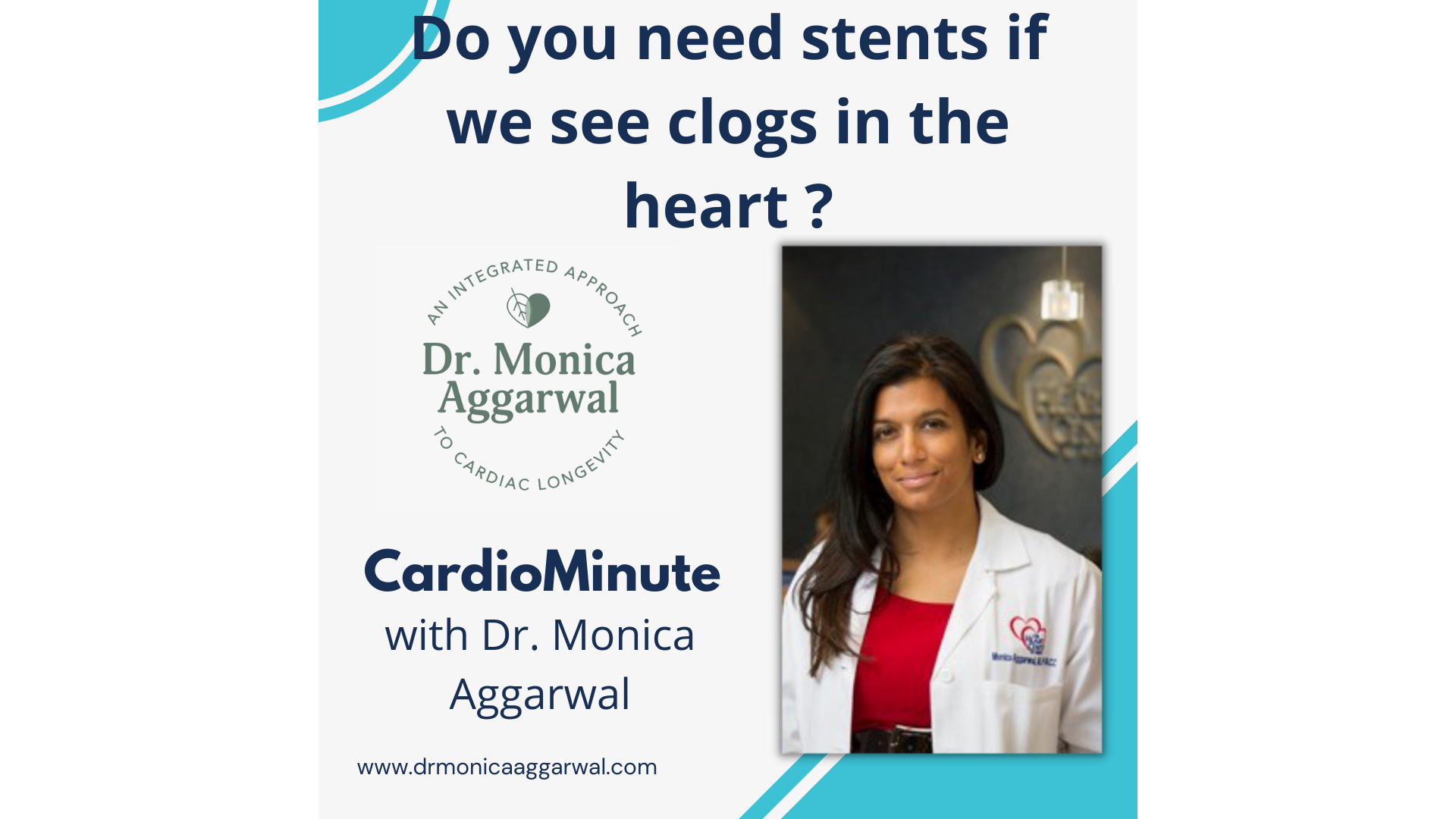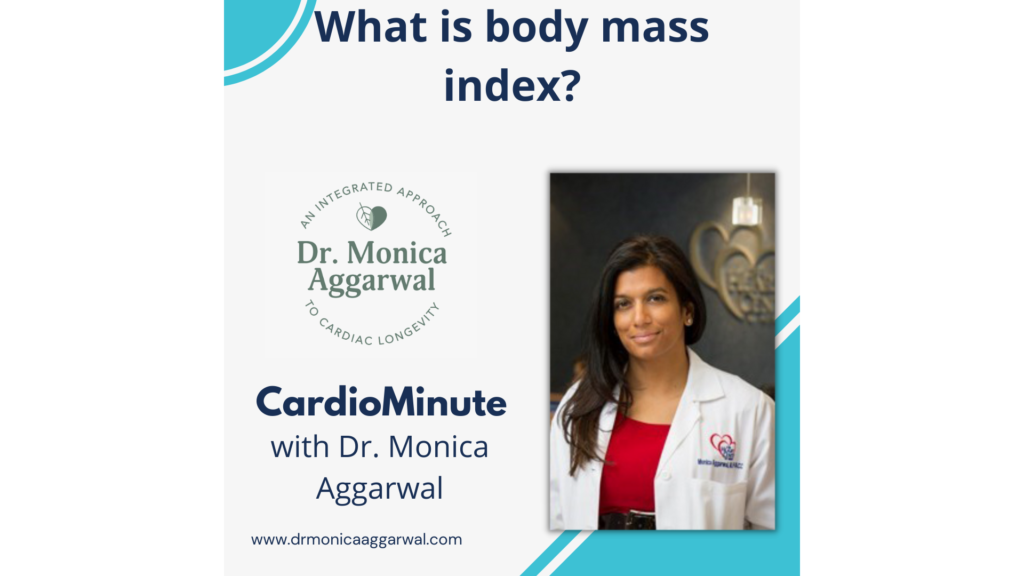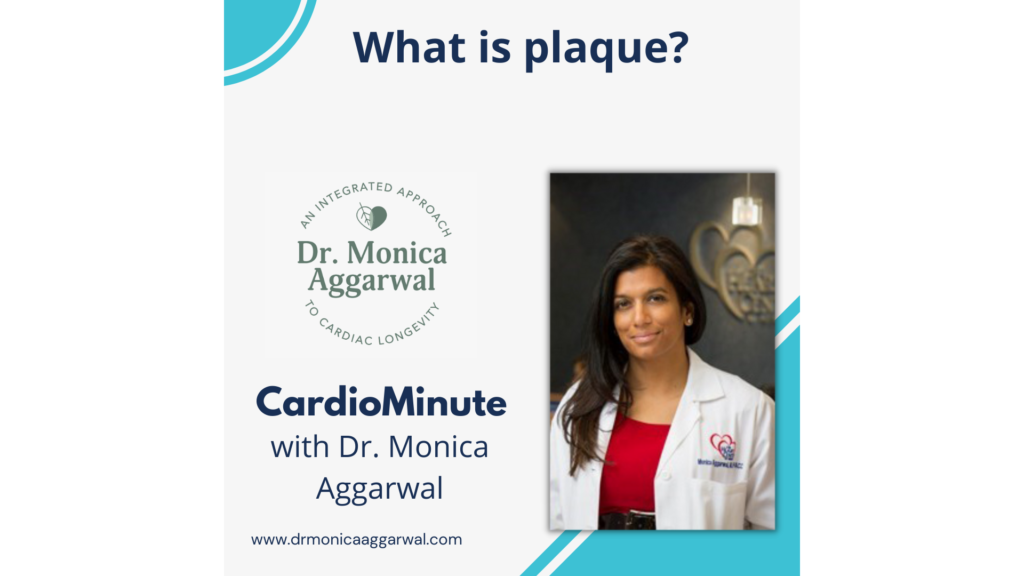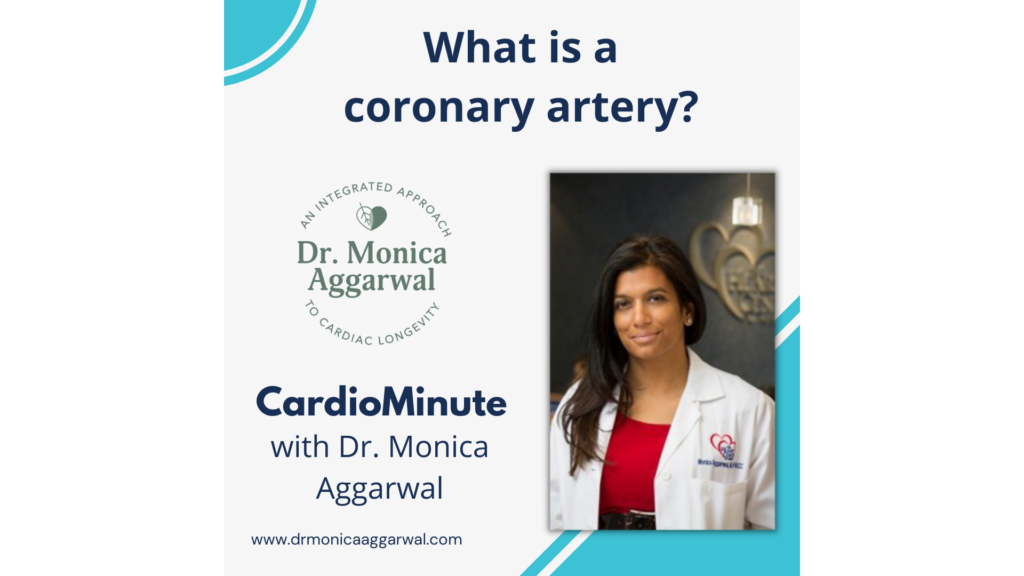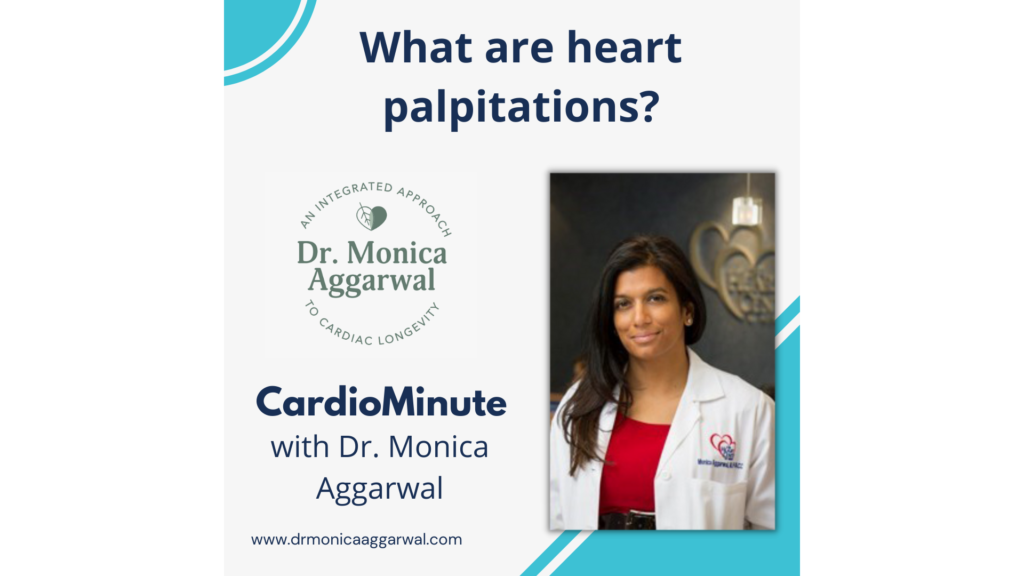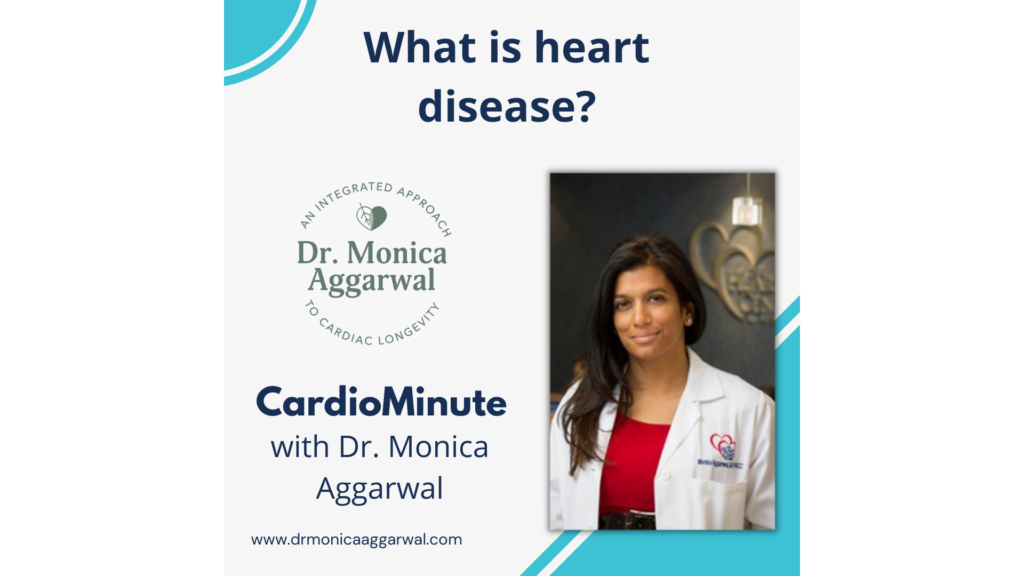How do you reduce your blood pressure using lifestyle?
There are many ways to reduce your blood pressure using your lifestyle. Weight loss will really help you reduce your blood pressure. Another way is movement. Walking is a great way to reduce your blood pressure. Start a walking program- even 2000 steps extra per day is great for your body. Reducing stress can help. We know when you get stressed, your blood pressure goes up. Stress relaxing techniques like meditation and yoga will help bring your blood pressure down. Another big way to reduce blood pressure is through a dietary change. Reducing sodium through eliminating processed foods and removing the saltshaker from the kitchen table is a great idea. You need to also increase your potassium rich foods in your diet and eat them daily. Potassium rich foods are foods like kale, avocado, tomatoes, sweet potatoes, and bananas. Eat for your health!
Listen to other CardioMinutes
How do you reduce your blood pressure using lifestyle? Read More »

